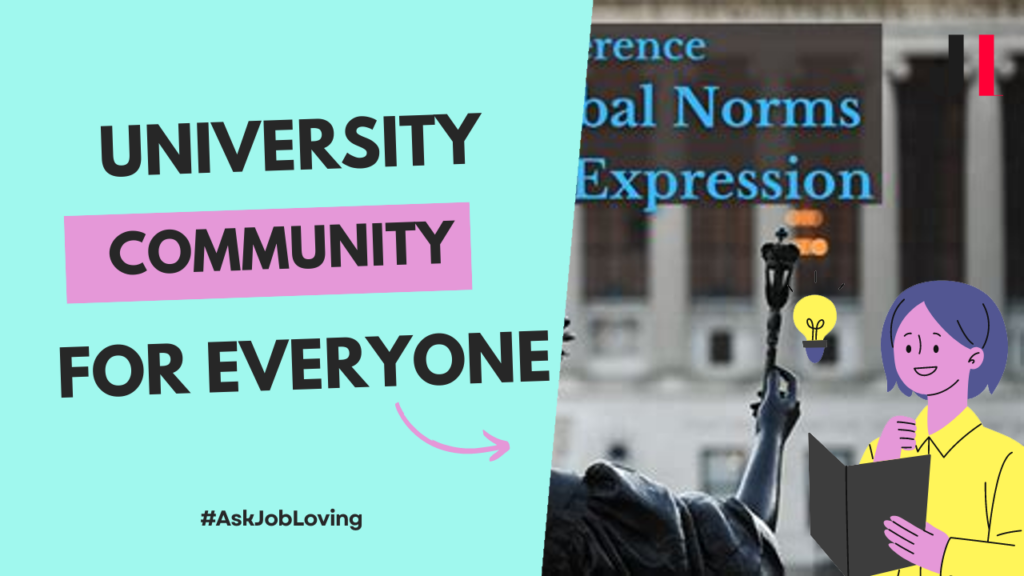Introduction
The concept of freedom of expression serves as a cornerstone for democracy, enabling individuals to voice their thoughts, beliefs, and concerns freely. At the forefront of this conversation is Columbia University
, an institution that’s been navigating the complexities of free speech amid a tumultuous cultural landscape. This piece delves into what global freedom of expression means within the context of Columbia University, examining the rights and responsibilities that come into play on a campus known for vibrant debates and protests.
Understanding Freedom of Expression at Columbia University
Columbia University produces a unique context for discussing global freedom of expression due to its diverse student body and commitment to academic discourse. Events at Columbia have highlighted tensions surrounding this issue, particularly when peaceful protests have emerged in support of various causes. Many student protestors advocate for their rights to express their views without resorting to hate speech or intimidation. This raises an essential question: how can institutions like Columbia maintain a balance between upholding free speech and ensuring an inclusive environment for all students?
The university has witnessed instances where protests transitioned from a platform for free expression into situations that have been described as harassment or threats against specific groups, particularly Jewish students. As tensions arose around contentious issues such as the Israel-Palestine conflict, some voices accused protestors of crossing the line into harmful territory. This dynamic illustrates the complexities many universities face when it comes to managing freedom of expression—where does free speech end, and where does harassment begin?
Additionally, it is crucial to recognize that while public universities are bound by the First Amendment in the United States, private institutions like Columbia have greater leeway in establishing their own policies regarding free speech. This distinction influences how the university addresses complaints related to hate speech versus legitimate protest. Thus, understanding Columbia’s policies on freedom of expression requires contextual knowledge about both national law and institutional regulations.
Conclusion: The Balancing Act
The conversation surrounding global freedom of expression at Columbia University continues to evolve as students navigate this delicate balance. Though protests are an intrinsic part of campus life, they must also respect the rights and identities of fellow students. In this charged atmosphere, it becomes paramount for institutions like Columbia to foster an environment where diverse viewpoints can coexist without infringing upon anyone’s dignity or safety.
If you’re curious about more intricacies related to what is the global freedom of expression at Columbia University, or if you need assistance navigating similar issues, feel free to connect with us at JobLoving community—we’re here to help!

